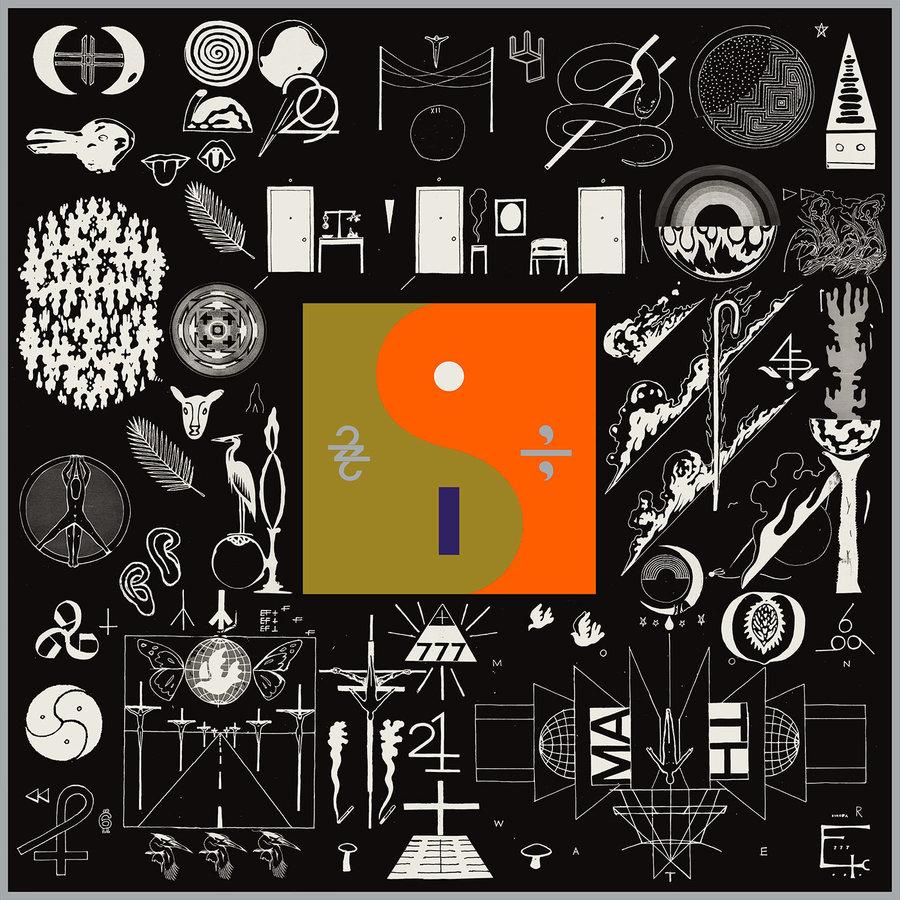Bon Iver Flops With 22, A Million
Photo by Photo Courtesy of NPR
Bon Iver dropped a new album this September 30, called 22, A Million. Incidentally, it deserves a rating of 22 out of a million.
The indie folk band have three studio albums: For Emma, Forever Ago; Bon Iver, Bon Iver; and 22, A Million respectively. They have also produced one EP called Blood Bank.
The first two albums contain both traditional and non-traditional instruments and some editing on the singing portion to create a unique sound – not to improve the voice. Together, they create a mellow, calming vibe for the listener. Even the album covers depict serene scenes.
When I think of Bon Iver, I imagine myself going back to the past fourth of July. The weather was cooler than normal that afternoon, as well as some light rain. Surrounded by three of my good friends under a porch, Bon Iver played in the background as we embraced the green world around us of looming trees and acres of grass. However, this was all before 22, A Million was released.
Before they go under criticism, some props should be given to Bon Iver for making the bold move of changing up their sound. Taking chances and making mistakes is how people grow. A true music fan knows that artists will try out different styles; that is how an artist grows and keeps their listeners interested. Nobody wants to hear thirty versions of the same sounds. Sometimes this works phenomenally; other times it flops. In this case, the latter occurred.
Bon Iver’s first album, For Emma, Forever Ago, contains a fan favorite called “Skinny Love.” This and many of the other songs on this album have a sad story, a handful of which revolve around loss of love. The instrumentals are a bit more simplistic, yet still sweet.
Bon Iver, Bon Iver was released about four years after. It seems that during this time, the group was able to explore in instrumentals and create more complex sound sequences. Being the group’s sophomore album, one can sense the growth of skill and quality developed. Additionally, the song titles tend to have a theme of being named after cities or states, though this is not true for all.
On the other hand, when listening to the new album, the only conclusion to be made was that it was just a bunch of random sounds thrown together. In the earlier albums, the sequences of sounds seemed well thought out when put together. For the new album, it seems more like they threw sequences together and added some barely-understandable lyrics here and there. The album sounds messy and wretched. It’s disappointing to see such an outcome from them.
“33 God” – a song that’s anticipated to be a big hit – is a perfect example. For the first ten seconds there’s an enjoyable portion of piano playing. After those ten seconds though, there’s some added noises that sound like someone’s turning an old rusted faucet. That, and what could be robotic aliens trying to communicate to humans. Soon real lyrics are put in, though they are clipped and don’t make much sense unless the listener does a deep analysis..
Correspondingly, many people have analyzed this specific song for symbolism and religious reference. It’s been speculated as satanic due to symbols in the lyric video, comparisons to God and finding self-resolution. No official statement has been made as of yet from Justin Vernon, the lyric-writer and lead man of Bon Iver, but many are waiting to hear what the artist will say about these conspiracies.
In this case, the classic phrase, “if something’s not broken, don’t fix it,” appropriately describes the album. Bon Iver should have stuck to what they’re good at, or at least limit trying new sounds to EPs. On a normal rating scale it deserves a three out of ten.

Kayla Saller is a senior in her third year at the Mehlville Media journalism program and the Features Editor. She enjoys covering news and hanging out...





Spencer • Apr 11, 2018 at 12:26 pm
Curious to know if your opinion on this album has changed over the past two years (lots of peoples’ opinions have). It’s far more than random-sounds jumbled together and if you knew the challenges involved in properly sampling music/utilizing vocoders/etc., I think you’d find that to be very apparent.
Also, I think the mindset of “if something’s not broken, don’t fix it” is incredibly offensive to musicians. It’s just not how they operate. If they did, we’d still be getting “Creep” from Radiohead for every album. “Not broken, not being fixed” is how I’d describe, like, Ed Sheeran or The Chainsmokers. Just boring music with very lazy songwriting.